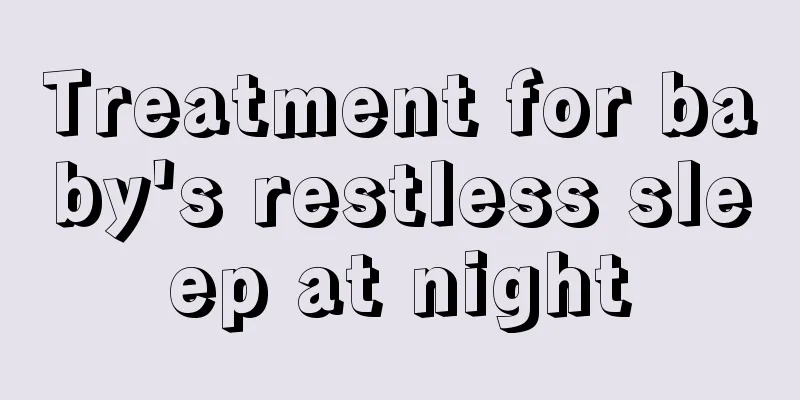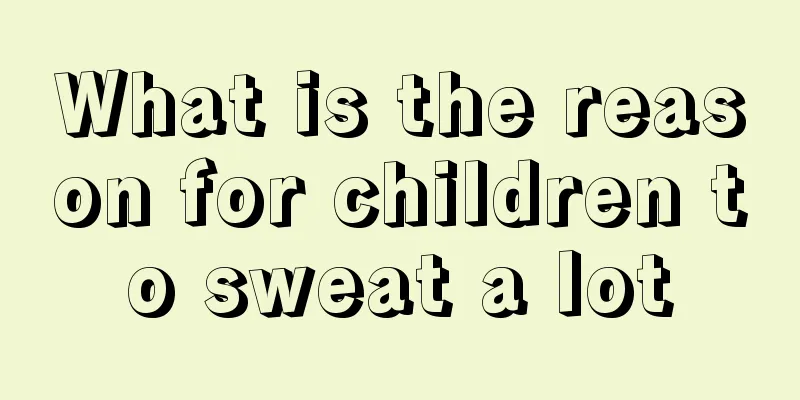How to treat nephrotic syndrome in children?

|
There are still many hidden health risks for children, which are closely related to the changes in lifestyle and even the deterioration of the external environment. Diseases such as nephrotic syndrome are still very common. Such a young child has already had hidden dangers in his kidney health, which cannot be underestimated. It also requires family members to be aware of it in time and help the child with treatment. So how to treat nephrotic syndrome in children? The principle of treating primary kidney disease in children is to strengthen the spleen and kidney and control the side effects of western medicine. A comprehensive treatment of Chinese and Western medicine with adrenal cortex hormone as the main method is adopted. It includes maintaining a balanced supply of water and electrolytes, controlling edema, adequate nutritional prevention, controlling associated infections, co-administering immunosuppressive Chinese medicine for those who are resistant to hormones, and correctly using adrenal cortex hormones to treat recurrent attacks. Symptomatic treatment: Generally, within 7 to 14 days after the application of hormones, most children begin to use diuretics to reduce swelling, so diuretics are not needed; however, those with severe edema combined with skin infection, hypertension and hormone insensitivity often need to try diuretics. General treatment: high blood pressure and low salt diet. Severe edema requires salt avoidance. Children with severe edema and/or oliguria should limit their water intake appropriately, but if they lose salt through large amounts of diuresis or diarrhea and vomiting, they must replenish water and salt appropriately. Except for those with severe edema and concurrent infection, absolute bed rest is generally not required. After the condition improves, the amount of activity will gradually increase. After three to six months of relief, you can gradually resume work, but you should not overwork. Hypertension is a major complication of nephrotic syndrome, so it is important to monitor blood pressure and eat a low-salt diet. Regarding protein, many people believe that since there is proteinuria, the body must have lost a certain amount of protein, so it is necessary to supplement protein and eat more protein foods. In fact, this is a misunderstanding. If a kidney with proteinuria is compared to a leaky kettle, the more water you pour into it, the more it leaks. The same is true for the kidneys. The more protein you eat, the heavier the burden on your kidneys. If you limit your protein intake, it will reduce the burden on your kidneys and gradually restore kidney function. Through the above introduction, everyone is very clear about how to treat children's nephrotic syndrome. This disease is still very difficult to treat. Of course, it also depends on how serious the specific condition is. As long as early detection and early treatment can be achieved, the difficulty of treatment can be reduced as much as possible, and children can return to a healthy life sooner. |
<<: What should I do if my child's hands are scalded and blistered?
>>: What to do if a 50-day-old child has a fever
Recommend
What is the reason for high alkaline phosphatase in children?
When children have high alkaline phosphatase leve...
Causes of bad temper in toddlers
Some babies are naughty, and some babies have bad...
What are mycoplasma antibodies in children?
The medical explanation of antibodies is that aft...
What to do if a child has a bloated belly button
In modern society, many people are only children,...
The role of allergen testing in children is helpful in preventing and treating skin diseases
Children may suffer from various diseases as they...
Small pimples on the corners of the child's mouth
It is quite common for children to have small pim...
What should I do if my five-month-old child coughs and has phlegm?
For children, colds and coughs are common. If you...
Baby rash symptoms and treatment
Everyone knows that newborn babies have poor abil...
Can a five-month-old baby drink yogurt?
We all know that it is best to feed the child mai...
What should we pay attention to when children recover from pneumonia?
Children often have symptoms of fever and cough, ...
The main characteristics of adolescent male and female sexual development
Now, it is recommended that schools should provid...
Do you know the secrets to height increase?
There are always some people in life who are not ...
When should infants drink glucose?
Babies are the ones we need to protect, so we sho...
Neonatal hypothyroidism
Various physical conditions that occur during pre...
What to do if baby's hair is thin and yellow
Nowadays, babies’ health is not as good as before...









